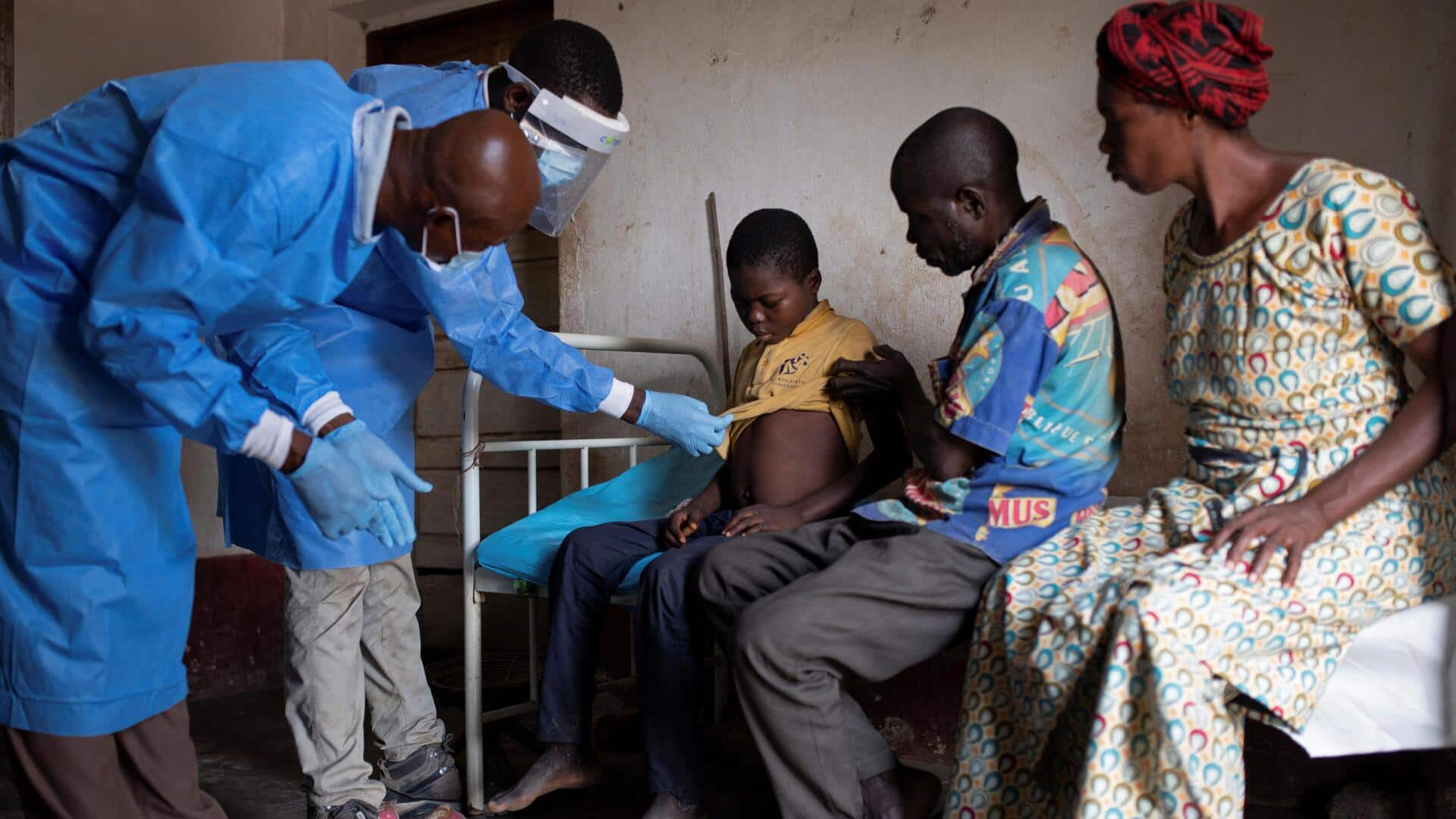
Exporters concerned as monkeypox crisis threatens to disrupt India-Africa trade
What's the story
Indian exporters are closely monitoring the escalating monkeypox (mpox) crisis in Africa, a key market for India's exports. The Africa Centres for Disease Control and Prevention (CDC) has reported a significant increase in suspected and confirmed cases of the disease since the beginning of this year. This development is causing concern among Indian businesses involved in trade with African nations.
Trade disruption
Impact on trade
The Democratic Republic of Congo (DRC) is currently the epicenter of the monkeypox outbreak, with over 1,000 cases and 24 deaths reported in a single week. The entire nation, home to more than 100 million people, has been impacted by this health crisis. This situation could potentially disrupt trade between India and Africa, as crude oil and pharmaceutical products make up nearly 40% of India's total exports to African markets.
Concerns voiced
Exporters' perspective on the situation
Ajay Sahai, Director General of the Federation of Indian Export Organisations (FIEO), expressed concern about the potential spread of monkeypox. He stated that while there is no widespread outbreak at present, exporters are apprehensive about future developments. One exporter stated that although there are no payment delays due to a lockdown-like situation in Africa yet, they are closely watching the situation.
Industry insights
Industry leaders share their views
Rafeeq Ahmed, Chairman of India's leading footwear exporter Farida Group, expressed concern about the disease's spread. His company operates a facility in Ethiopia. Ajay Srivastava from the Globe Trade Research Initiative (GTRI) stated that while the monkeypox outbreak's direct impact on global trade has been relatively limited so far, it warrants close monitoring. India has heightened its vigilance, instructing authorities to closely monitor incoming international passengers for potential symptoms of this disease.
Trade growth
India's trade relationship with Africa
India's bilateral trade with Africa saw a growth of 9.26% in 2022-23, reaching approximately $100 billion. The exports were valued at $51 billion, while imports amounted to $47 billion. Both parties aim to double this figure by 2030, setting a target of $200 billion for their trade relationship.